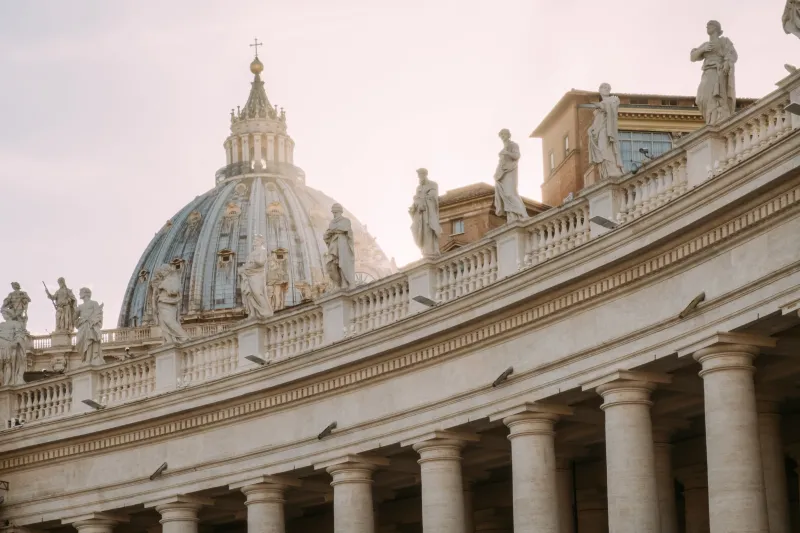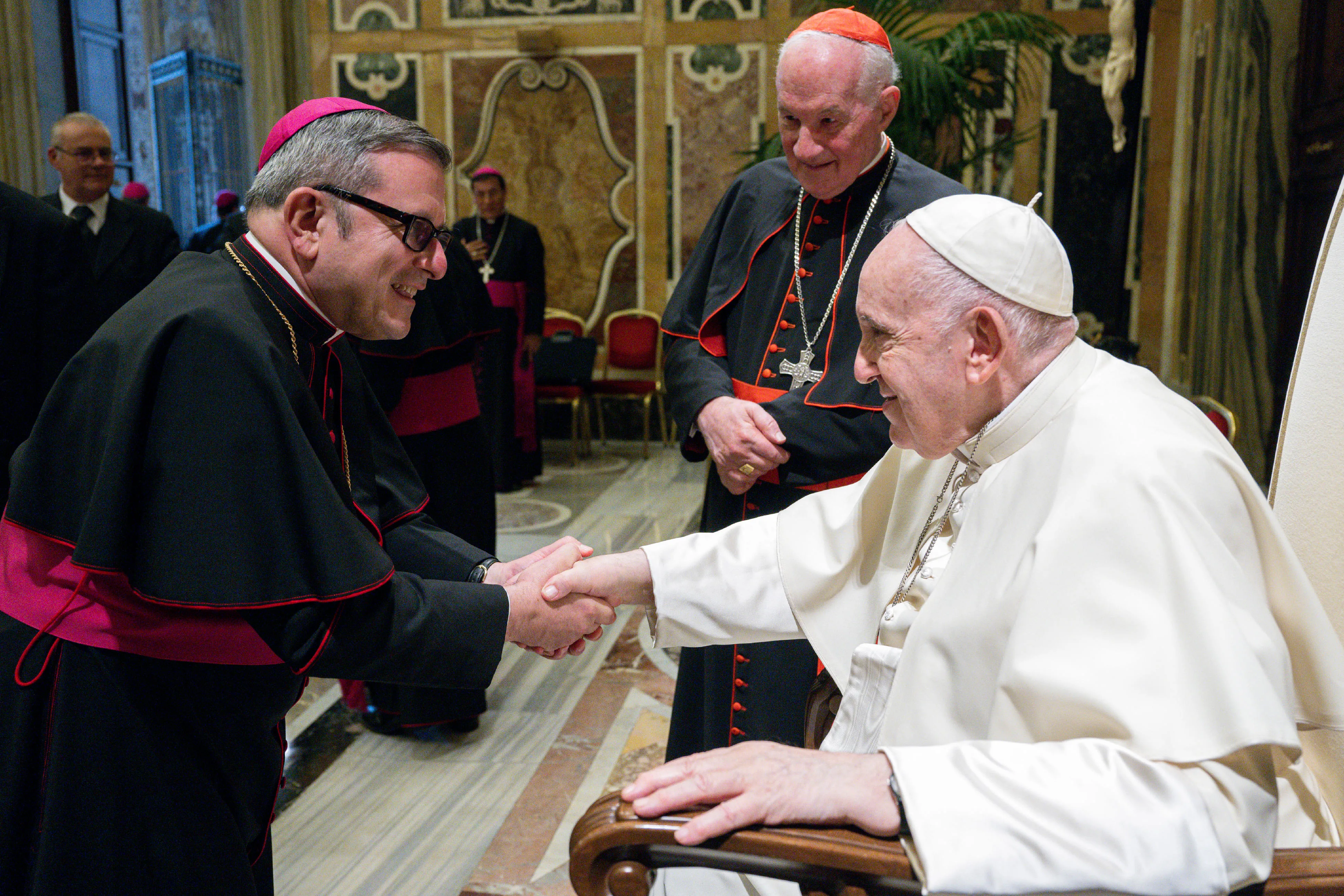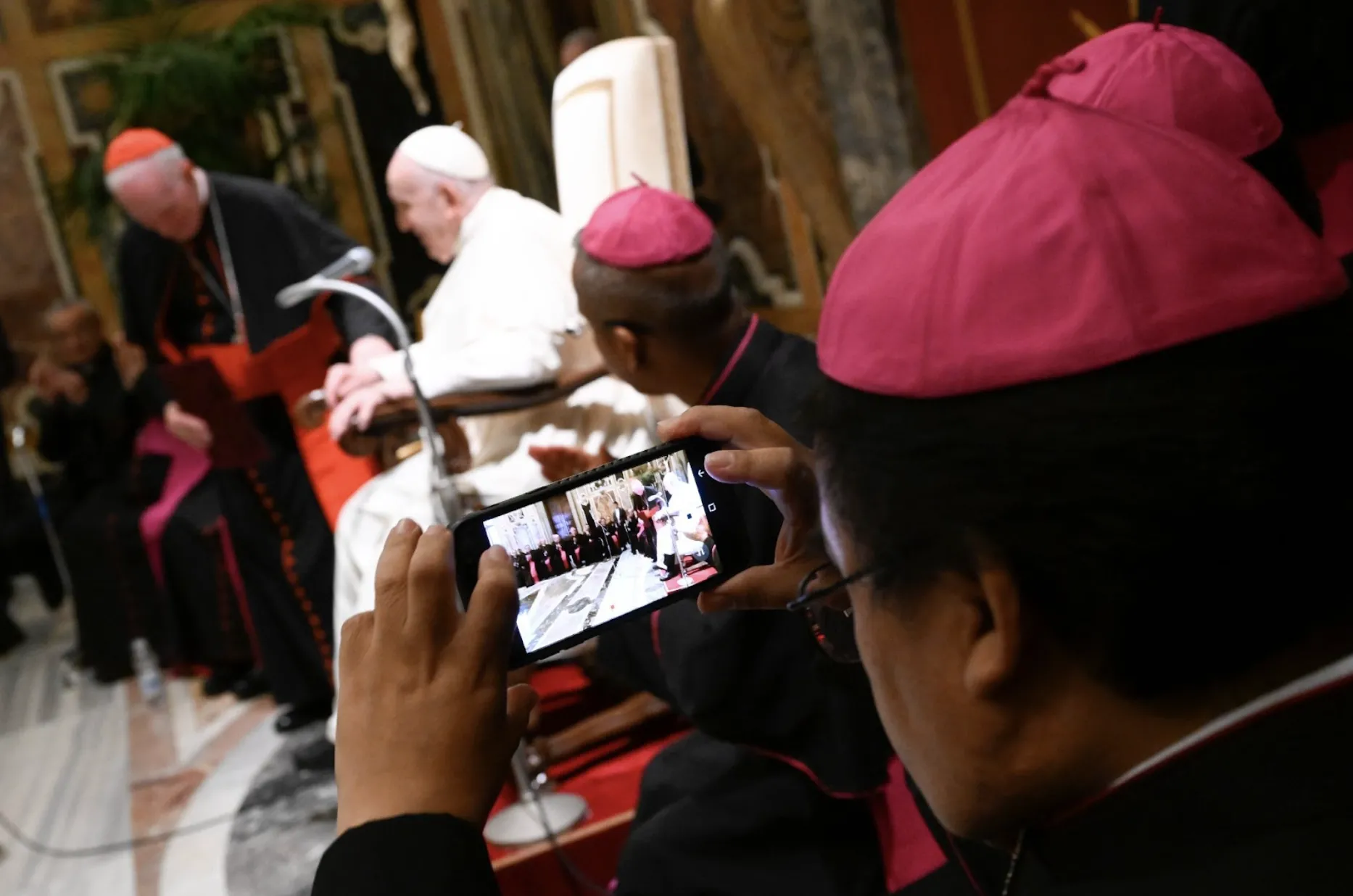
Earlier this week, The American Conservative published my essay “Woke Adoption” (I didn’t choose the title, but it fits), in which I relate some of what my wife and I have experience as adoptive/foster parents in Oregon. The opening paragraphs:
An Oregon widow recently filed a federal lawsuit against the state’s Department of Human Services (DHS) because officials won’t allow her to adopt children from the foster care system. Why won’t they let Jessica Bates adopt? Because she, as a practicing Christian, refuses to submit to gay and transgender ideologies.
Bates’s complaint is worth reading for anyone concerned about religious freedom. According to her complaint, Bates “initially progressed through the application process without any problems” until ideological insanity reared it ugly head.
DHS’s Foster Home Certification states that applicants “must … [r]espect, accept and support the race, ethnicity, cultural identities, national origin, immigration status, sexual orientation, gender identity, gender expression, disabilities, spiritual beliefs, and socioeconomic status, of a child or young adult in the care or custody of the Department.”
Bates says she will not support homosexuality or transgenderism, as they are contrary to her religious beliefs. Nor would she play the pronoun game or assist with a potential “transition.”
Alas, this is neither new nor surprising to those of us in Oregon who have gone through the foster care or adoption processes and dealt with DHS and related bureaucracies.
My wife and I are Catholic. Unable to conceive, we considered adoption. Between 2000 and 2010, my wife and I were involved in five adoptions in Oregon. Three were successful, and two imploded when birth parents changed course at the eleventh hour.
We learned that adoptive and foster parents are, for all intents and purposes, at the very bottom of the pecking order. They have little to no control. Everyone else—the birth parents, the state, the agencies, the experts, the judges—are running the show and calling the shots. And our interactions with DHS convinced me that the agency is deeply opposed to traditional understandings of sexuality, family, and morality.
And, over on the “What We Need Now” Substack, I have a longer essay titled “Ambiguity and Clarity in the Age of Synodality,” in which I discuss the recent released North American Final Document for the Continental Stage of the 2021–2024 Synod. I then hone in on the topic of “listening,” especially as it relates to doctrine, divine revelation, and Church authority.
An excerpt from the opening:
What is synodality? Can you provide a somewhat concise, fairly precise definition off the top of your head?
If not, don’t feel bad. After all, the implicit idea behind a “synod on synodality” is to learn what synodality is, how it works, why it is important, and so forth. Some might say that is paradoxical; others would say it is problematic. At the very least, definitions are still a bit difficult to come by, although this particular synodal process has been at it since 2021.
Take, for example, the recently released North American Final Document for the Continental Stage of the 2021–2024 Synod. This 39-page document, state Bishops Daniel E. Flores (USCCB) and Raymond Poisson (CCCB), marks “an important moment for the Church in the United States and Canada, strengthening our response to the request of the Holy Father Pope Francis to embrace synodality as the way forward for the Church in the modern world. This document is, among other things, a testament to the work of the Spirit within the communion of the baptized…
Surely such a momentous document will offer clear insight in synodality. The two bishops, in their introduction, admit they hoped for “a more robust participation” and state, “Synodality is an ongoing effort, and we must learn how better to encourage participation in the future.” Then, in the main text, we learn that “Synodality is not always easy to comprehend”; the word “messiness” is used. A sentence further in, a participant is quoted: “People don’t know what the Synod on Synodality is for” (#11).
But, a few pages later, we read, “There was a consensus that more formation in synodality is needed” (#31) and, “Synodality is a great source of hope for renewing and strengthening communion” (#32). A delegate insists: “We believe that the concept of synodality is a concept that must continue, that must become a way of life” (#32). The positive affirmations continue apace: “For the Church in North America, synodality is inseparable from becoming a Church sent forth on mission” (#35).
“This is a great process for us all to participate in,” the bishops say, and “there is still a need for the wider Church to understand what synodality is all about. … Synodality is the way forward, but it is not an easy way” (#43). And, further: “Synodality is an adventure and we aren’t very familiar with it” (#48). Many similar quotes could be given for the phrase “synodal process,” which appears 27 times, with the term “process” (a favorite term of synodal organizers, promoters, experts) used another 16 times.
The meaning of “synodality” is important for many reasons, not least that we’ve been living in a “synodal Church” since sometime in October 2015.
Read the entire essay. And consider subscribing to the Substack, which has also published essays by Archbishop Chaput, Fr. Thomas Weinandy, and Jayd Hendricks.
If you value the news and views Catholic World Report provides, please consider donating to support our efforts. Your contribution will help us continue to make CWR available to all readers worldwide for free, without a subscription. Thank you for your generosity!
Click here for more information on donating to CWR. Click here to sign up for our newsletter.









In my country I wonder how many 16yr old girls had their babies taken in order to meet woke targets. The lawyers will have a field day in less than 20yrs. It’s evilness personified.
Just wondering, are you in the UK? They’ve had similar issues going on.
There’s similar Woke doggedness in the Oregon DHS handling of the Jessica Bates adoption case and the North American Final Document on the mysteriousness, or is it mindlessness, of synodality.
From first questioning what is synodality, to admitting no knowledge of what they’re involved in [having lost sight of their objective they redoubled their efforts], to proclaiming this is the way forward in our world reveals the intellectual acumen of a June bug. Is it because Francis wants this, whatever it is to continue, that synodality must presumably have substance?
Olson simply rolls out a series of quotes to permit the reader, I suppose, to come to the same conclusion. The bucket’s got a hole in it.
Although, if it were thought simply futile, that is from one’s own perspective.
What, then, if the elusive definition of synodality has meaning for its perpetrator? Would that be to devolve Catholic doctrine [after all, they are aware they’re discussing doctrine] into similar incomprehensibility?
I certainly prefer Christ’s simple and direct use of “shepherds” and “fishermen” to give meaning and direction to the church and its consecrated. Synodality feels in my gut like the introduction of a Trojan Horse, replete with interior mercenaries with a nefarious purpose. (Sigh)
To get the “picture” on what synodality has become, it’s helpful to enter the art world. A picture is worth a thousand words!
No, not Pachamama, but rather a more Western wood carving: “L’Existence” by Georges Lacombe (1892), depicting the “super-sophistication of European intellectual[s] […].”
Recalling African art, we see “a great snake, making a human face emerge for the contortions of his body as he writhes with the pain of feeding upon its own tail […] strangely like the intellectuals of our time who, having used their conscious and rational faculties to discover […] realms that tie them willy nilly to the primitive […] to make reason feed upon itself by rationally arguing the helplessness of reason.”
The image is also to be found in Aztec stone carvings, so synodality’s claim to fame is the cross-cultural language of simply “walking together”—universally! Hence, too, the vacuous irrationality of a self-consuming and circularly-defined Synod-on-Synodality! Shaman word merchants “rationally arguing the helplessness of reason”—as in sacrificing the moral absolutes of Veritatis Splendor on the altar of a homosexual subculture “feeding upon its own tail,” the altar of sequential bigamy, and the altar of cross-dressed temple Vestal Virgins also circling about—as priestesses.
Like the LGBTQ political conglomerate, Synodality is theological Esperanto!
NOTE: The quote above is from plate 129 (facing p.769) in W.H. McNeill, “The Rise of the West: A History of the Human Community,” Mentor 1965). The smiley image is the third from the top, at: https://en.wikipedia.org/wiki/Georges_Lacombe_(painter)
In 1 John 5:19, the Holy Spirit tells us that the “world lies in the power of the evil one.” Certainly this truth applies to the Oregon DHS.
Regarding the woke silliness of synodality, the noon mass I frequently worship at has perhaps 40-50 attendees. If after Mass, I were to ask each of them his or her opinion of synodality, I believe the majority of them wouldn’t know what I’m talking about. They are just trying to live the Gospel, not follow the latest bureaucratic nonsense.
Perhaps the original impetus of the synodality initiative was well intentioned. Unfortunately, it actually seems to have become so much inside baseball ecclesiastical mumbo jumbo. Or worse in the case of Germany, apostasy.
Synodality is defined de facto by its actions and results, judging as Jesus said the tree by its fruits: listening to each other sinful tendencies, accompanying each other in sin, silencing those who rightfully condemn sin and walking together in our sins with no real repentance whatsoever.
Synodality is the absolute opposite of Jesus first words in his public ministry, “Repent!!”, so that we may receive his Salvation and Redemption. It’s the substitution of the Eucharistic Lord Jesus and his eternal life for the homosexualized Satan and his eternal condemnation.
Mr Olson I am very sorry to hear about the hell you and your family have been put through. I thank you as ever for editing a magazine that is trustworthy, interesting and devoid of sanctimonious. May God bless and guide and guard you. .
Thank you, Alice, for you kind and encouraging comment!
Amen, Alice.
We need to be praying for each other these days, especially for families.